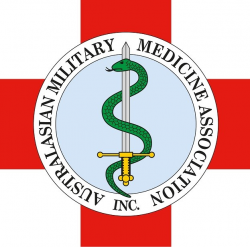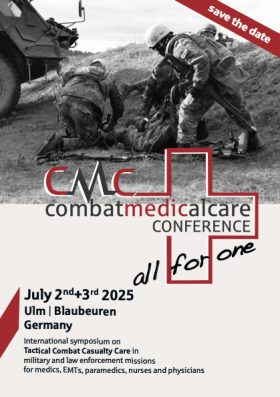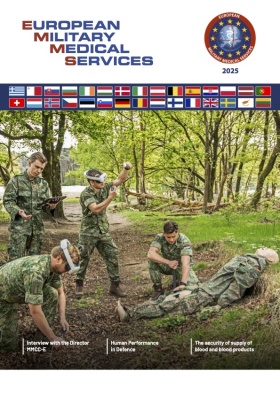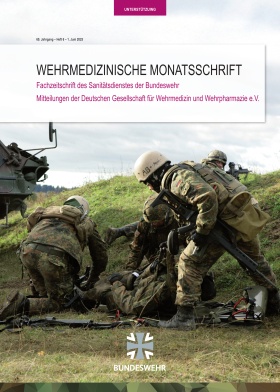
Abstracts
DISASTER MEDICINE AND THE HUMANITARIAN PERSPECTIVE: short conference report, John Quinn
Introduction
The DiMiMED 2023 conference provided valuable insights into disaster and military medicine, emphasizing academic rigor and innovative discussions. The panel, led by John Quinn, and co-chaired by Brig. Gen. Erwin Dhont, focused on disaster medicine and the humanitarian perspective. The discussions revolved around European and regional global health security threats, force health protection, and evidence-based medicine. The importance of international cooperation across disciplines for NATO, its allies, and partners was highlighted to address threats and minimize morbidity and mortality for both warfighters and citizen disaster responders.
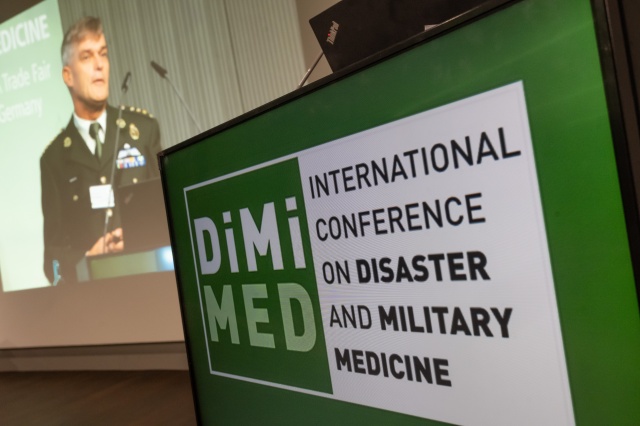
Beta Verlag/Barbara Frommann
Background
The DiMiMED humanitarian, disaster, and prehospital medicine panel evolves to address interdisciplinary requirements and outcomes. The aim is to advocate for best practices, apply academic methodologies, and promote information sharing and lessons learned in war and disaster scenarios. The panel includes subject matter experts from various fields such as the US Department of Defense, humanitarian organizations, NATO forces, health commands, industry experts, and disaster academics and practitioners.
Global Risk, Focused Challenges
In an interconnected world, global security risks and active war have significant consequences on public health, regional and international security. Recent events, such as the Russian invasion of Ukraine and prescient China-Taiwan tensions, highlight the potential for large-scale combat operations. Additionally, actions of Russia in Ukraine contribute to regional instability. The world faces the challenge of potential global world war, emphasizing the need for a comprehensive and adaptable approach involving military, diplomatic, economic, and health considerations – with a focus on peace and preparations for conflict.
NATO Challenges: Current Threats
Global security risks extend beyond military threats to health considerations, impacting public health and humanitarian crises. Conflicts and external influences destabilize regions, with interconnected global health systems facing disruptions. NATO and its partners, as discussed by various speakers must strengthen collaboration, intelligence-sharing, and joint preparedness to address multifaceted challenges posed by various actors.
The DiMiMED Panel 2023
The panel featured presentations on various topics related to disaster and military medicine. Speakers such as Dr. Jeffrey D. Freeman, US Navy Captain Jeff Ricks, Col. Ass. Prof. Dr. George Smolinski, Lt. Dr. Dmytro Androshchuk, and Captain (ret.) Prof. Dr. Denys Surkov emphasized challenges and strategies for Large-Scale Combat Operations (LSCO), lessons learned from NATO experiences, and the role of rehabilitation in disaster and combat operations. Presentations also highlighted insights from medical colleagues serving in Ukraine, discussing damage control resuscitation, prehospital needs, challenges, and lessons from the war.
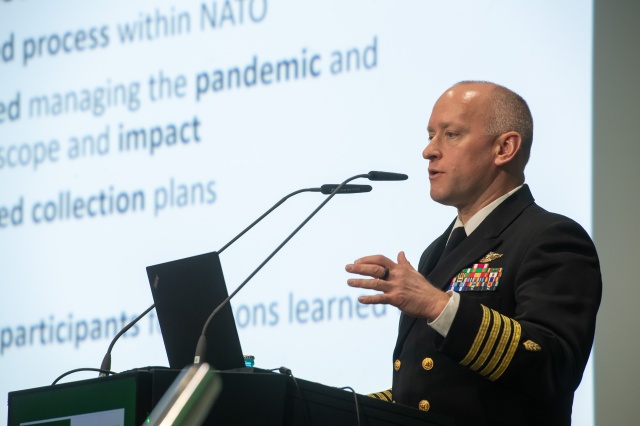
Beta Verlag/Barbara Frommann
The Future
The DiMiMED humanitarian and disaster medicine panel serve as a platform to discuss global threats and challenges. It provides an opportunity for informed and pragmatic discussions without political or emotional bias.
Date: 01/10/2024

